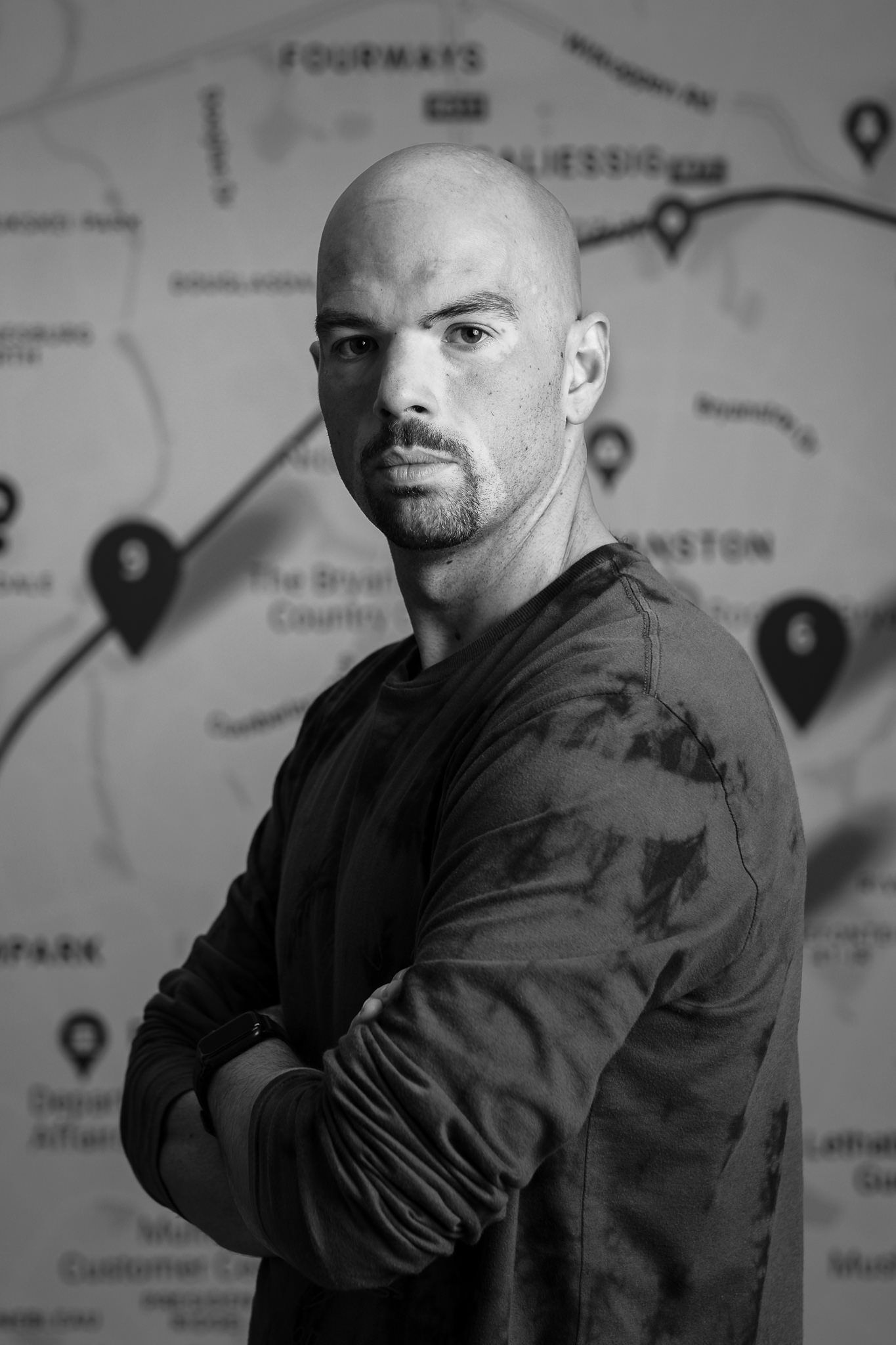The Tradeoffs of Technical Ownership
 Reme Le Hane
Reme Le Hane
Technical ownership sounds great on paper. It means someone cares. Someone is responsible. Someone knows the system inside out.
But like most things in engineering, it comes with tradeoffs.
At a previous company, I was the sole owner of two codebases. I'd been hired to rebuild the mobile app into a new framework-originally React-but after some digging, I realized that plan wasn't going to fly. The company pivoted to rebuilding the management console first and revisiting the app later. Eventually, both became my projects. From the ground up. Just me.
It got to the point where, during a year-end company speech, the CTO half-joked:
“If Reme gets hit by a bus, we're fucked.”
Empowering, right?
It's a strange kind of job security. When you're the only one who understands how things work, you carry a lot of influence. But you also carry a lot of weight. Every bug. Every outage. Every weird edge case in support. Yours. Even when you're not officially on support duty.
Eventually we did hire additional engineers, but that shift came long after the systems had already been shaped by one person's habits, patterns, and shortcuts. That level of individual ownership is efficient in the short term, but risky in the long run.
I've seen this play out in other teams and orgs too:
A single person becomes the go-to. Sometimes they like it. Sometimes they hoard it.
Other times, they're desperate to share it-but no one wants to learn. That's the real danger.
Not just the infamous “bus scenario,” but the slow decay of team resilience and growth.
When ownership becomes isolation, it becomes a bottleneck.
The only strategy I've seen that actually works?
The rest of the team has to care.
Act like a team. Step in. Ask questions. Sit with the owner. Review the PRs. Break the silo intentionally.
Yes, documentation helps. But it only gets you so far. A lot of the critical knowledge is “muscle memory” you don't even think to write down.
I had a moment recently where someone posted a support screenshot. No context. No explanation. Just an error.
But I knew what it was.
A license error in the CI?
That's the wrong environment secret getting pulled. I could trace it in my head without even opening the code.
That's the kind of context you build over time. And the kind that's nearly impossible to transfer through a wiki page.
Technical ownership is powerful.
But without support and shared learning, it quietly becomes a liability.
Next time: How to Build Teams That Ask Questions Out Loud
Subscribe to my newsletter
Read articles from Reme Le Hane directly inside your inbox. Subscribe to the newsletter, and don't miss out.
Written by
